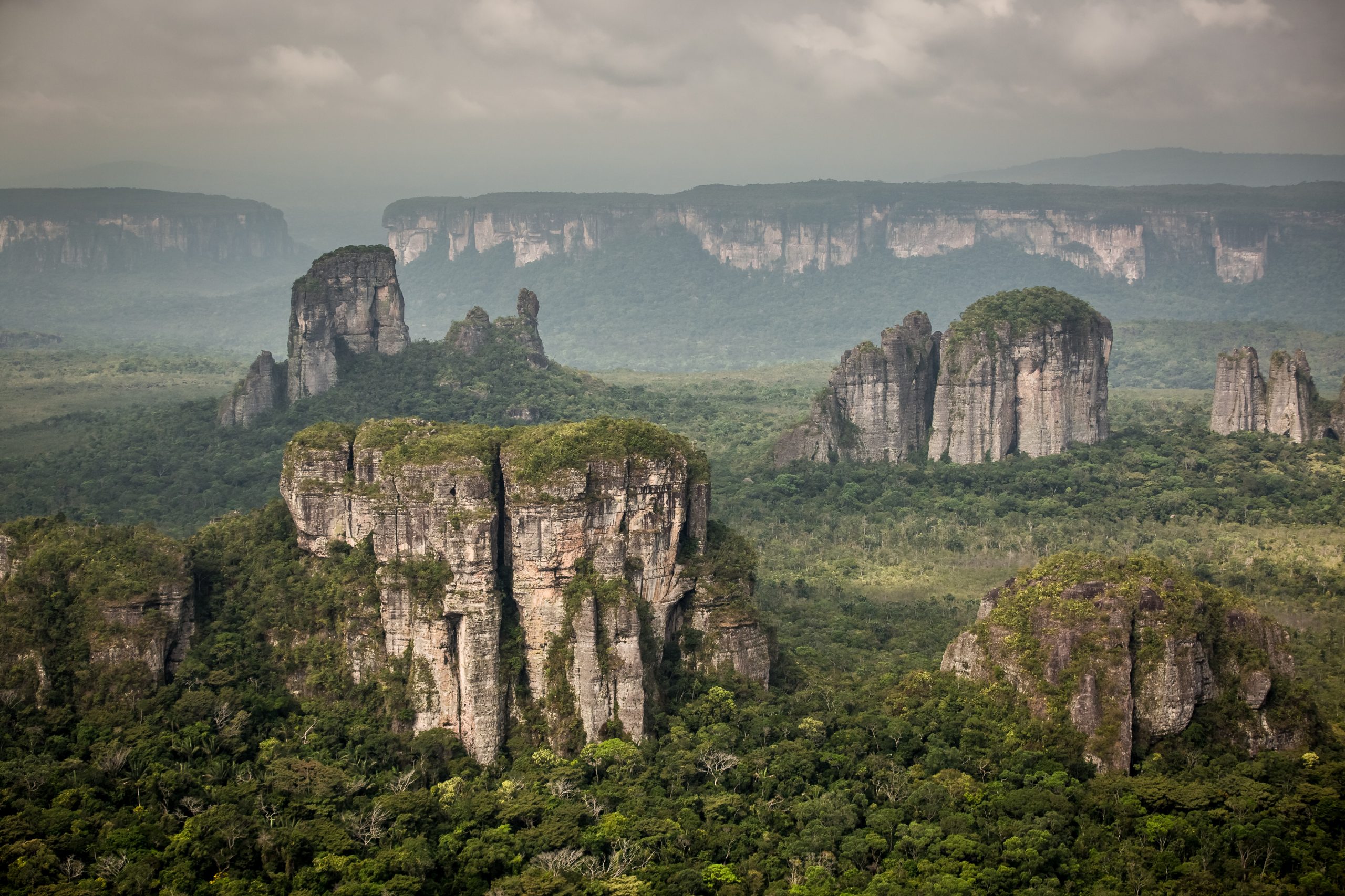 ©César David Martinez
©César David Martinez
25 million hectares of incredible biodiversity protected by our partners WWF, WCS and Heritage Colombia.

Colombia’s forests are bigger than all of France, and store more carbon than Italy has emitted since the industrial revolution

Colombia’s extraordinary biodiversity accounts for one tenth of every plant and animal species on the entire planet

Initial $100 million donor investment will be matched by the Colombian government to protect forests and local communities
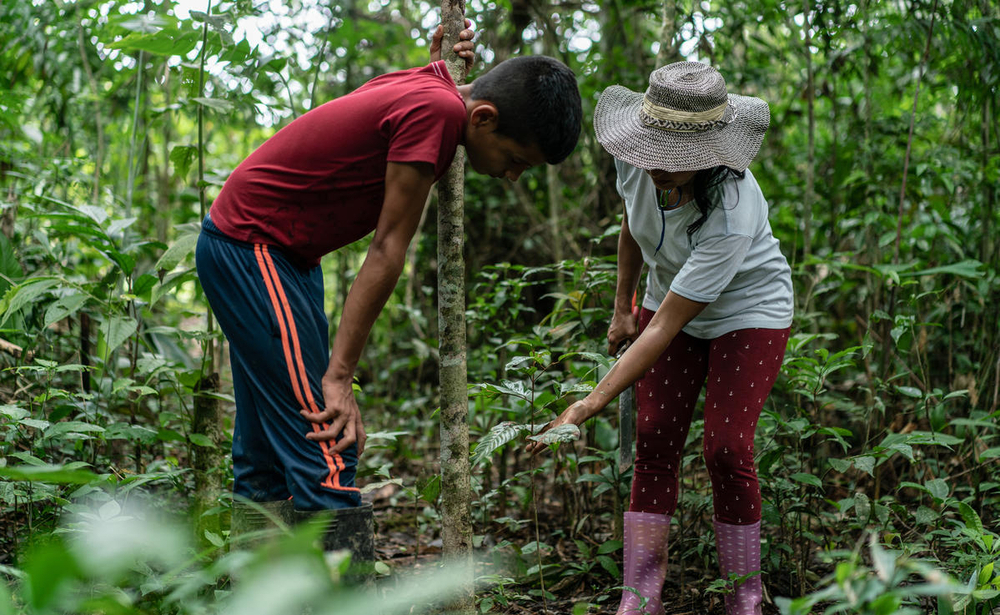
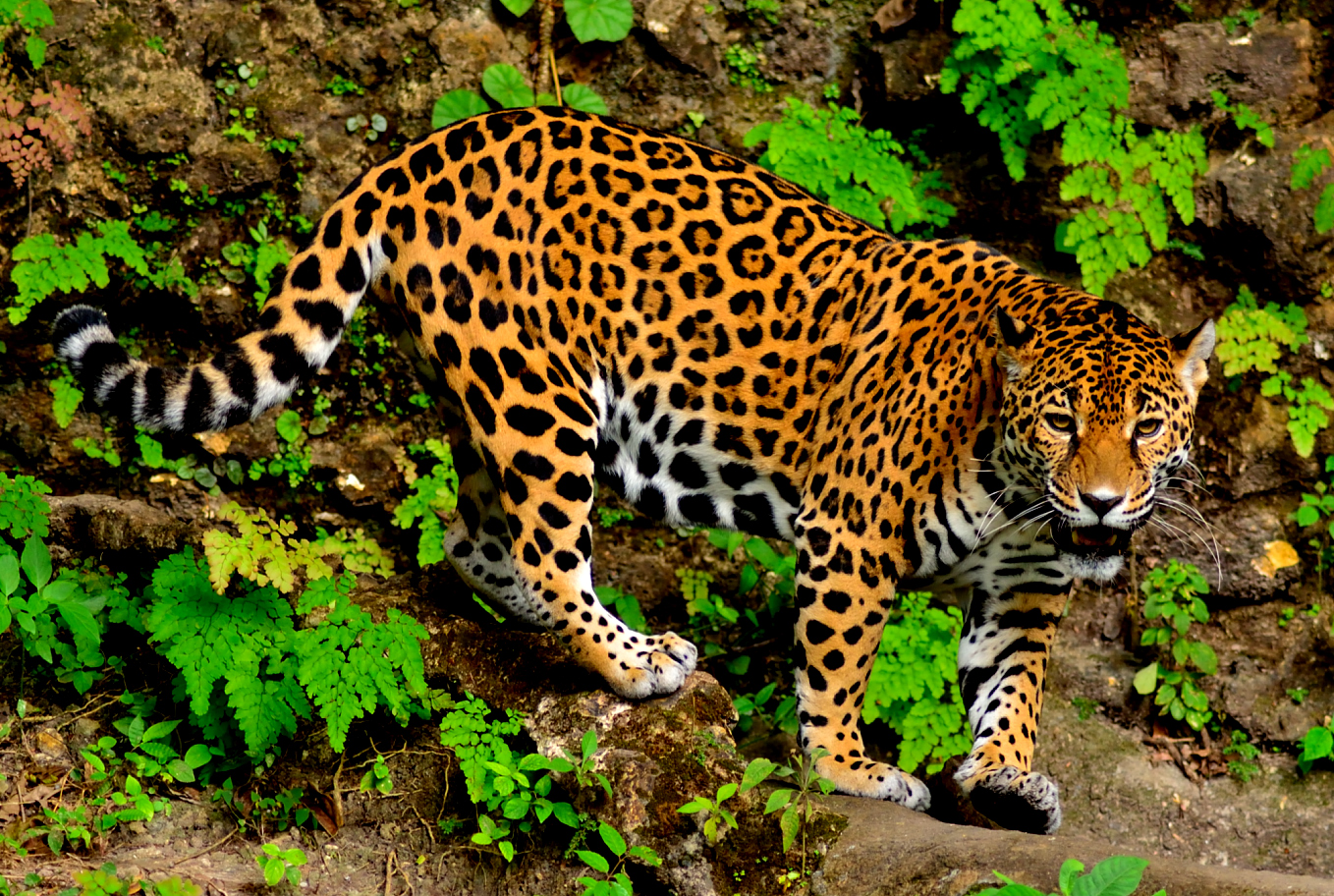
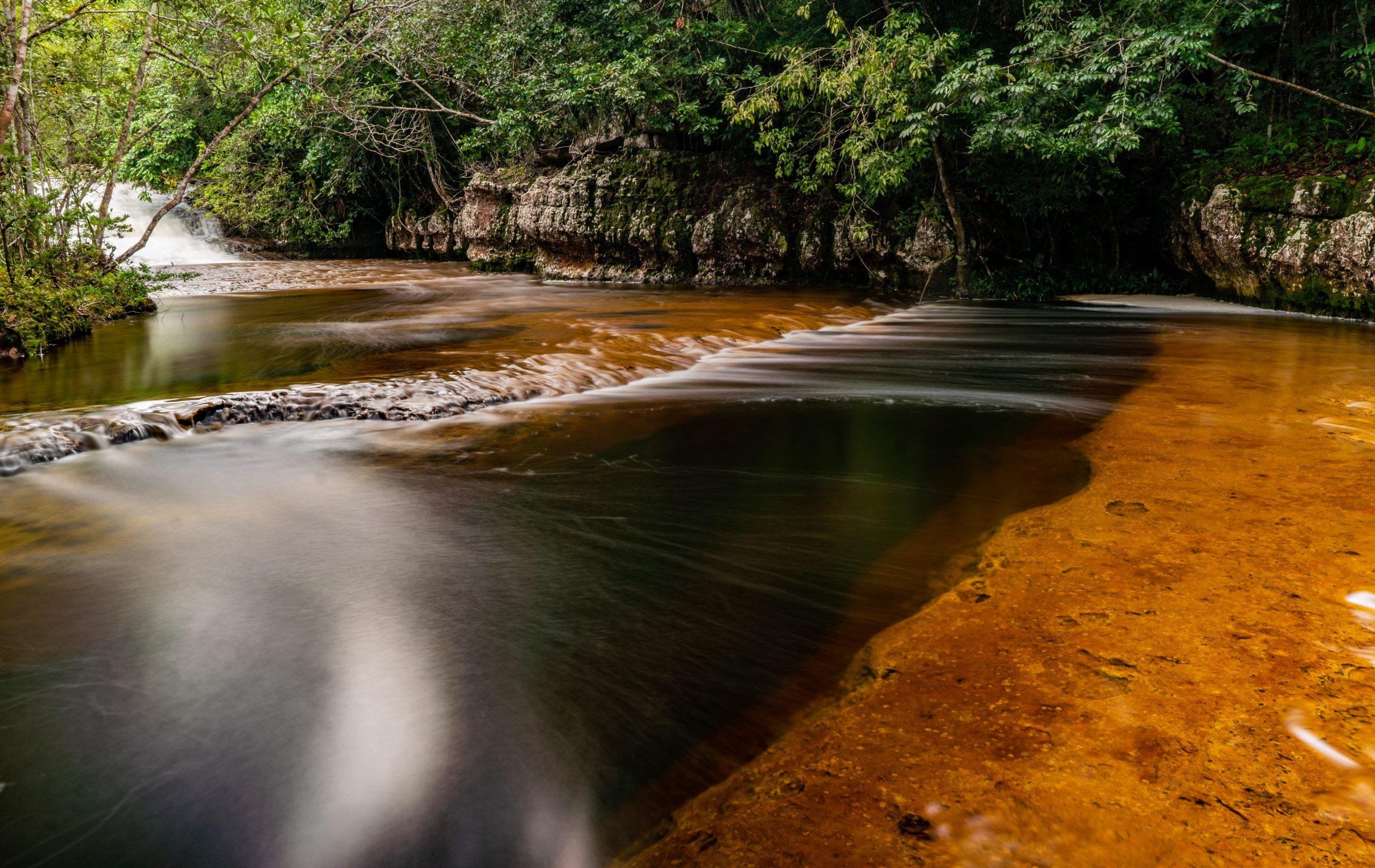
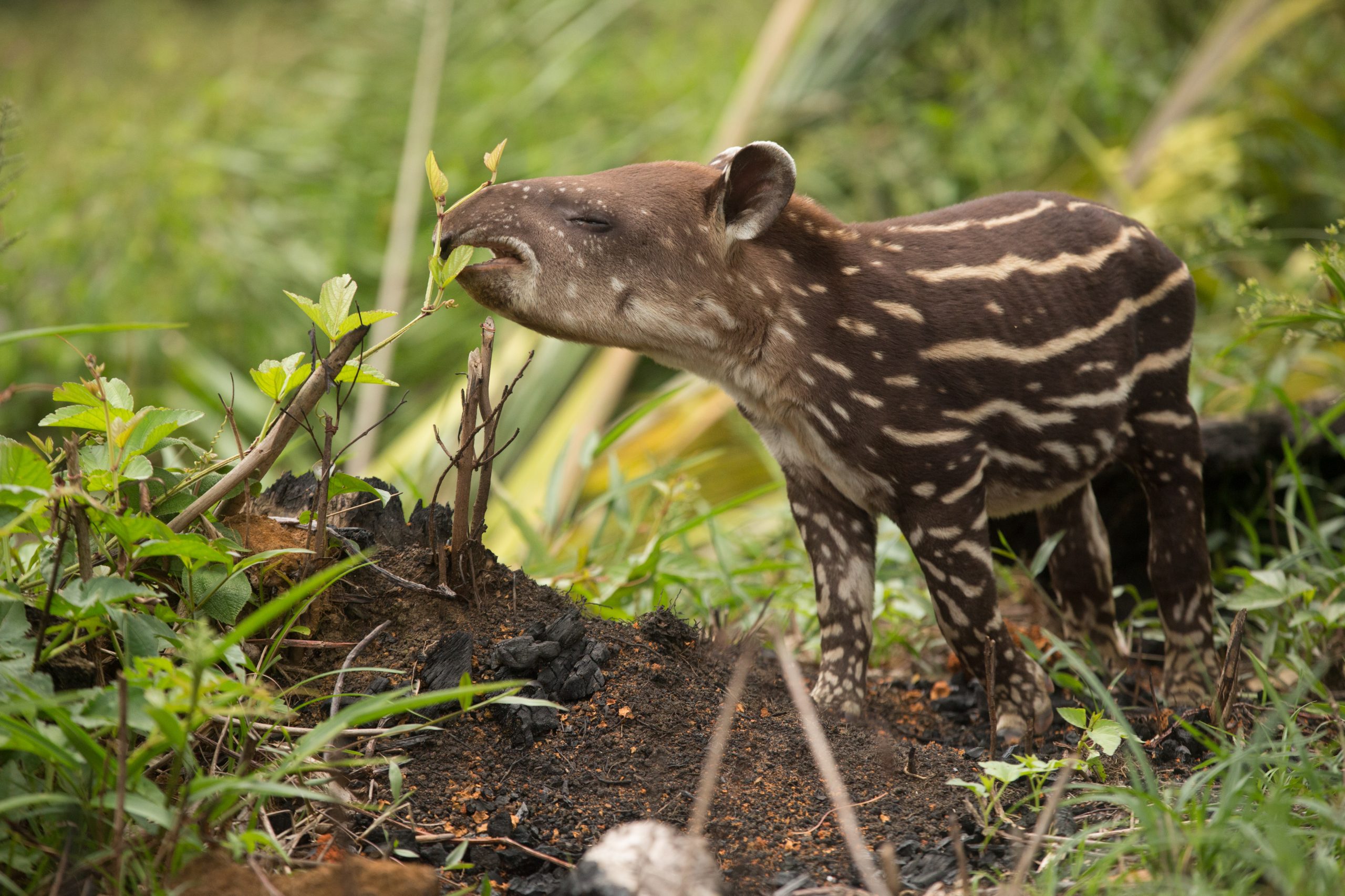
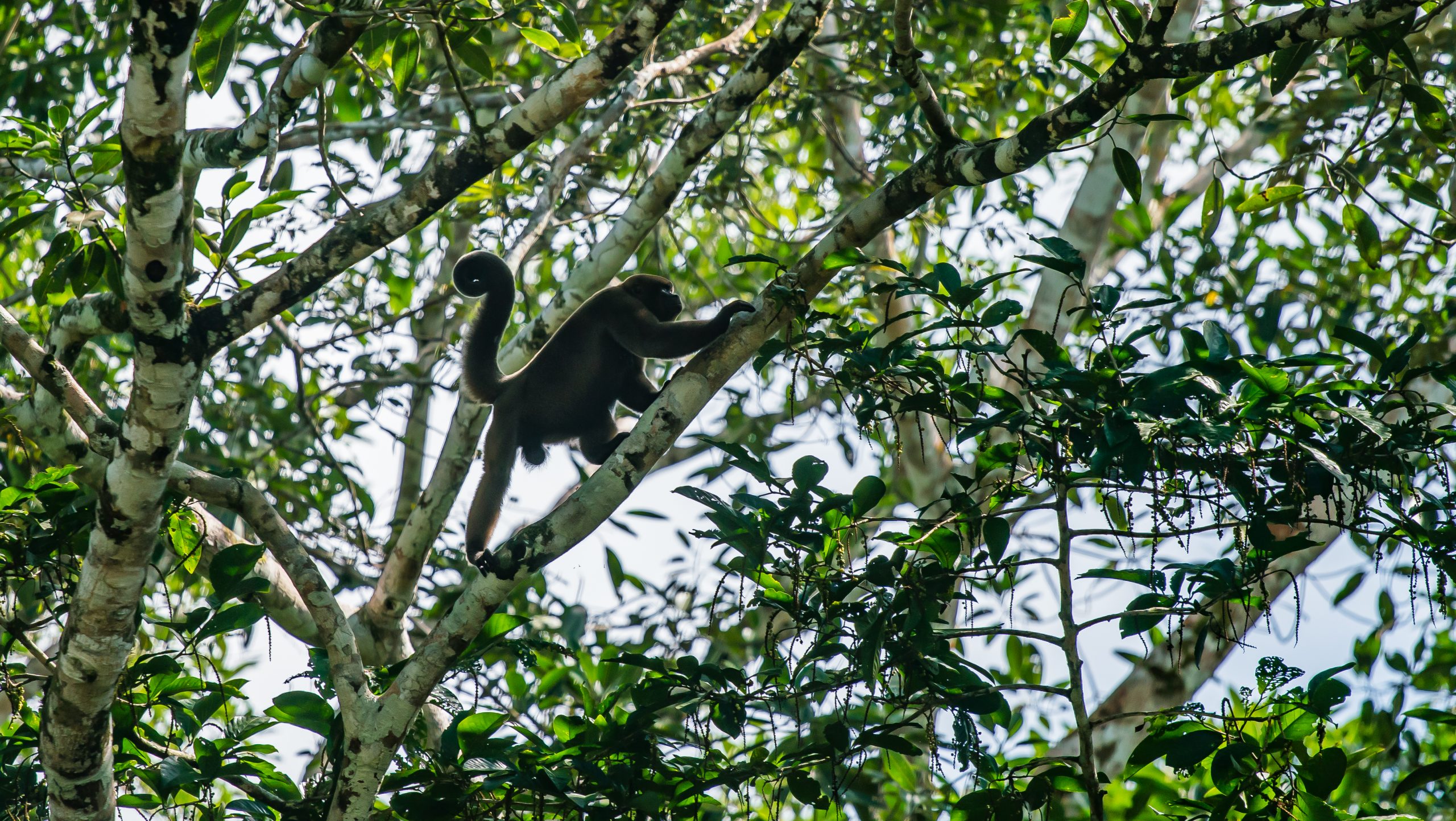


Trillion Trees is supporting Herencia Colombia (HECO) , the National Parks Service and other local partners, designing targeted strategies to reduce forest loss in and around protected areas, and working with the Colombian government on sustainable finance mechanisms.
Our work here is helping conserve biological diversity effectively in protected areas – including jaguar habitat and free-flowing rivers for dolphins and migratory fish. It is also helping strengthen participatory governance at the local, national, regional and international levels – particularly the recognition of indigenous organisations.
We are helping improve resourcing, promote forest-friendly livelihoods, minimise damage from farming, fishing and mining, prevent floods and landslides, and address climate change.
Herencia Colombia (which translates as Heritage Colombia, called HECO for short) is a transformative, science-based initiative that aims to expand, secure, and sustainably finance the country’s National Protected Area System. And improve the management of the surrounding landscapes.
At the core of HECO is an innovative approach to conservation financing known as Project Finance for Permanence. This ‘deal’ between governments, donors and civil society unlocks resources and commitments on the massive scale that’s needed for effective long-term management of large conservation projects.
The approach contributes to:
An initial $100 million investment of donor funding will be matched over 10 years by the government of Colombia. As donor funds are spent down, the government will implement sustainable finance mechanisms that increase and diversify sources of funding for protected area management. Thanks in part to the Trillion Trees partners’ efforts, the government has taken the step of allocating 5% of revenue from the country’s carbon tax to HECO.
Colombia is the most biodiverse country in the world, by hectare – with only 0.7% of the planet’s landmass, Colombia is home to an awe-inspiring 10% of all the Earth’s plant and animal species.
Alongside its countless birds, fish, amphibians and reptiles, Colombia’s most cherished wildlife includes three species of rare river dolphin and the iconic, enigmatic jaguar. Colombia is a fundamental part of the ‘Jaguar Corridor’ that extends from Mexico all the way down the spine of Central America into the Amazon basin.
The Colombian Amazon also plays a crucial role in the massive hydrological system that helps stabilise the global climate. This is down to a combination of its size, its location between the equator, Atlantic Ocean and Andes mountains, plus its ecological structure. A unique combination of dense tropical forests, high mountains, open savannas, mangroves and beaches. Colombia’s vast forests cover an area larger than France. And they are a carbon megastore – holding the equivalent of 26 billion tons of CO2. Its forests and other natural habitats are vital for the country’s almost 50 million people too.
Colombia recently ended half a century of civil conflict. As large areas of the country become accessible again, conservation should become easier. Unfortunately the increased access has also brought a big rise in deforestation. In 2020, 110,000 hectares of Amazonian forest were destroyed along with another 60 000 ha of forests lost outside the Amazon, all contributing to an 8% increase in deforestation nationally compared to 2019. More than 40 football pitches-worth of forests are now being lost every day.
Colombia does have 17 million hectares of protected areas – including national parks and wildlife refuges. When properly managed, protected areas have been proven to decrease deforestation and damage, reduce biodiversity loss, buffer the effects of climate change, and maintain vital ecosystem functions (e.g. food, clean air and water, jobs). These protected areas also play a crucial role in addressing the roots of the conflict in Colombia, such as poverty and struggles over land ownership.
But the country lacks the resources to ensure these areas are effectively managed against land grabbing, mining and illegal logging. To preserve Colombia’s remarkable biodiversity and valuable carbon stores, we urgently have to strengthen the country’s protection systems.
Lead Partner: WWF
Wildlife Conservation Society